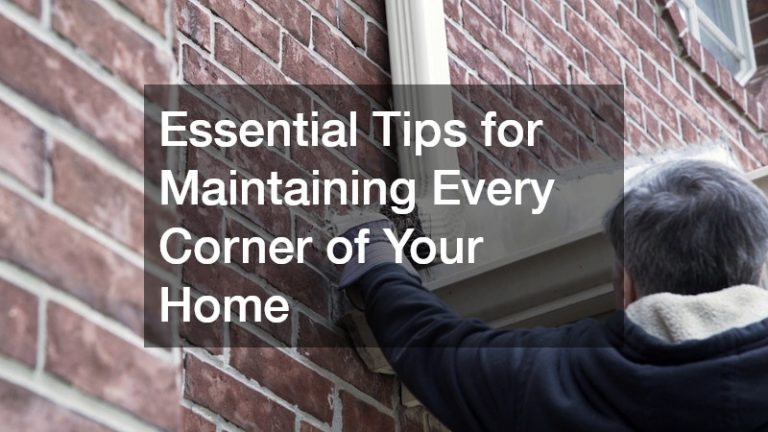It’s no secret that teenagers have low self-esteem. It’s so common that there’s even a name for it – “teenage angst.” But what causes this lack of self-confidence in adolescents? And when does it start to get better? Here’s what you need to know about teenage self-esteem.
Self-Esteem
Self-esteem research has been around for a long time, but it didn’t become popular until the 1950s. Then, psychologist Morris Rosenberg conducted the first significant study on self-esteem. He asked college students to rate how much they agreed with statements like “I feel that I am a person of worth, at least on an equal plane with others.” Rosenberg found that people who scored higher in self-esteem tended to be happier and more successful.
Since then, there have been countless studies on self-esteem, and researchers have come up with different theories about why it’s so important. For example, some experts believe that self-esteem is essential for healthy psychological development, while others think that it plays a role in causing problems like eating disorders and depression.
Self-Esteem and Teenagers
Across all demographics, teenagers are the most susceptible to low self-esteem. Studies have shown that self-esteem reaches its lowest point during adolescence. So what causes this dip in confidence?
There are a few different theories. One popular explanation is that teenagers are going through so many physical, emotional, and social changes that it’s normal for them to feel insecure and uncertain about themselves. Another possibility is that teens compare themselves to their peers more than any other age group, which can lead to feelings of inferiority.
Whatever the reasons, there’s no doubt that low self-esteem is a significant issue for adolescents. It can lead to risky behavior such as drug use, eating disorders, and self-harm, making it difficult to succeed in school or get along with others.
Fortunately, there is some good news. As self-esteem reaches its lowest point during adolescence, it also starts to improve as teens age. By the time they reach young adulthood, most people have recovered from the self-esteem slump of their teenage years.
So if you’re a teenager struggling with low self-esteem, take heart – things will eventually get better. In the meantime, you can do plenty of things to start feeling better about yourself.

Get Your Teeth Straight
If there is one thing that teenagers are most conscious about, it’s their teeth. Even a slight misalignment can make them feel self-conscious and embarrassed. However, studies have shown that straight teeth can improve your appearance and boost your self-esteem.
One way to fix this problem is by visiting your dentist. Your dentist can give you many options for improving your teeth, but the most common is dental braces. This orthodontic device can give you a smile that you have always wanted in just a matter of months.
Start Exercising
Exercise is not only good for your physical health but also your mental health. When you exercise, your body releases endorphins, which have mood-boosting effects. Exercise can also help improve sleep and reduce stress, which is vital for maintaining healthy self-esteem.
You don’t need to join a gym or start training for a marathon – even moderate exercise can make a difference. For example, just 30 minutes of walking each day can improve your mood and increase your sense of well-being.
So if you’re looking for a way to boost your self-esteem, get moving!
Support Groups
If you’re struggling with low self-esteem, talking to others who are going through the same thing can be helpful. Many different types of support groups are available, both in-person and online.
These groups provide a safe and supportive environment where you can share your experiences and feelings with others who understand what you’re going through. In addition, talking openly about your struggles can help to reduce shame and isolation, two common symptoms of low self-esteem.
In addition to traditional support groups, there are also online communities that can be helpful. For example, sites like Reddit have subreddits dedicated to topics like self-esteem, depression, and anxiety. These communities can be an excellent resource for finding support and advice from others who have been through similar experiences.
No matter what type of support group you choose, finding one that feels safe and comfortable for you is crucial.
Conclusion
Low self-esteem is a common issue among teenagers, but it’s important to remember that things will improve with time. In the meantime, there are many things you can do to start feeling better about yourself.
If you’re struggling with low self-esteem and the tips above don’t help you, talk to your doctor or mental health professional. They can help you identify the causes of your low self-esteem and develop a plan to improve it.




